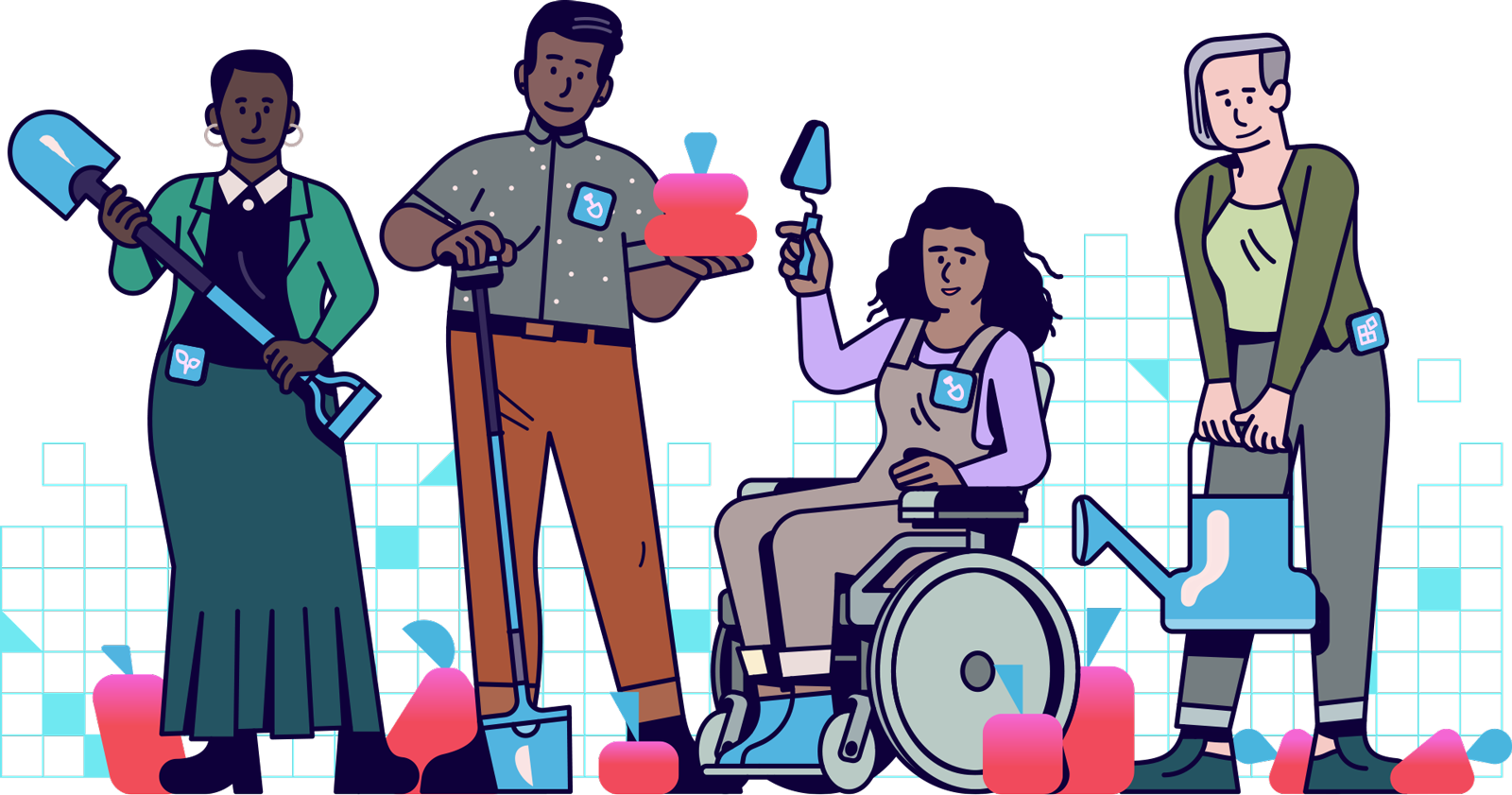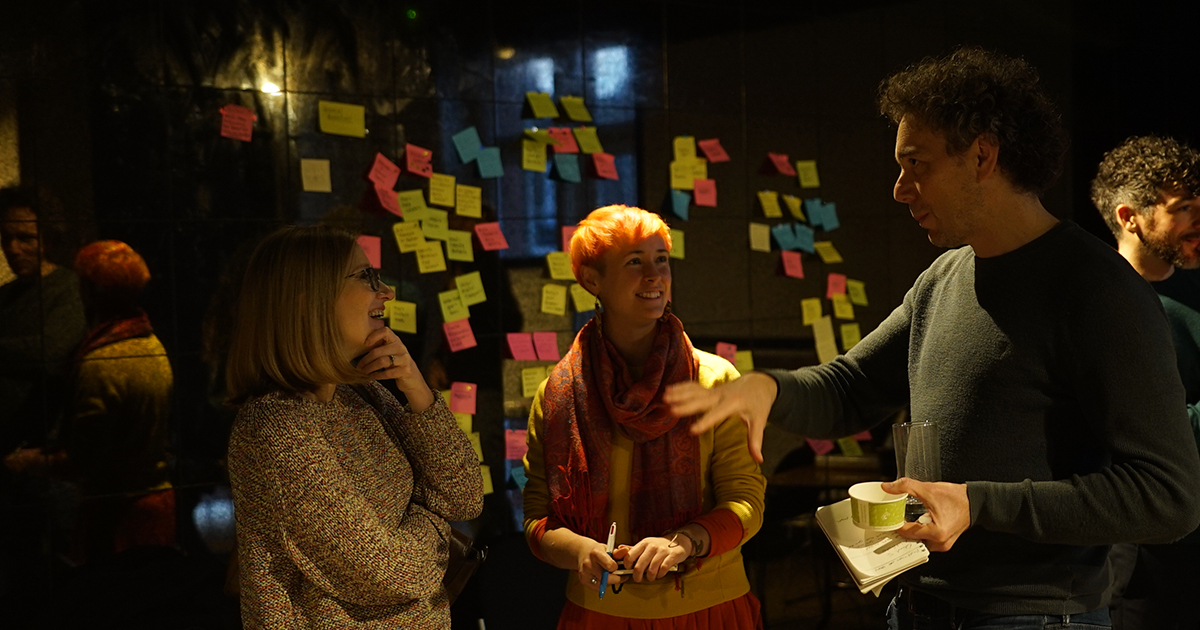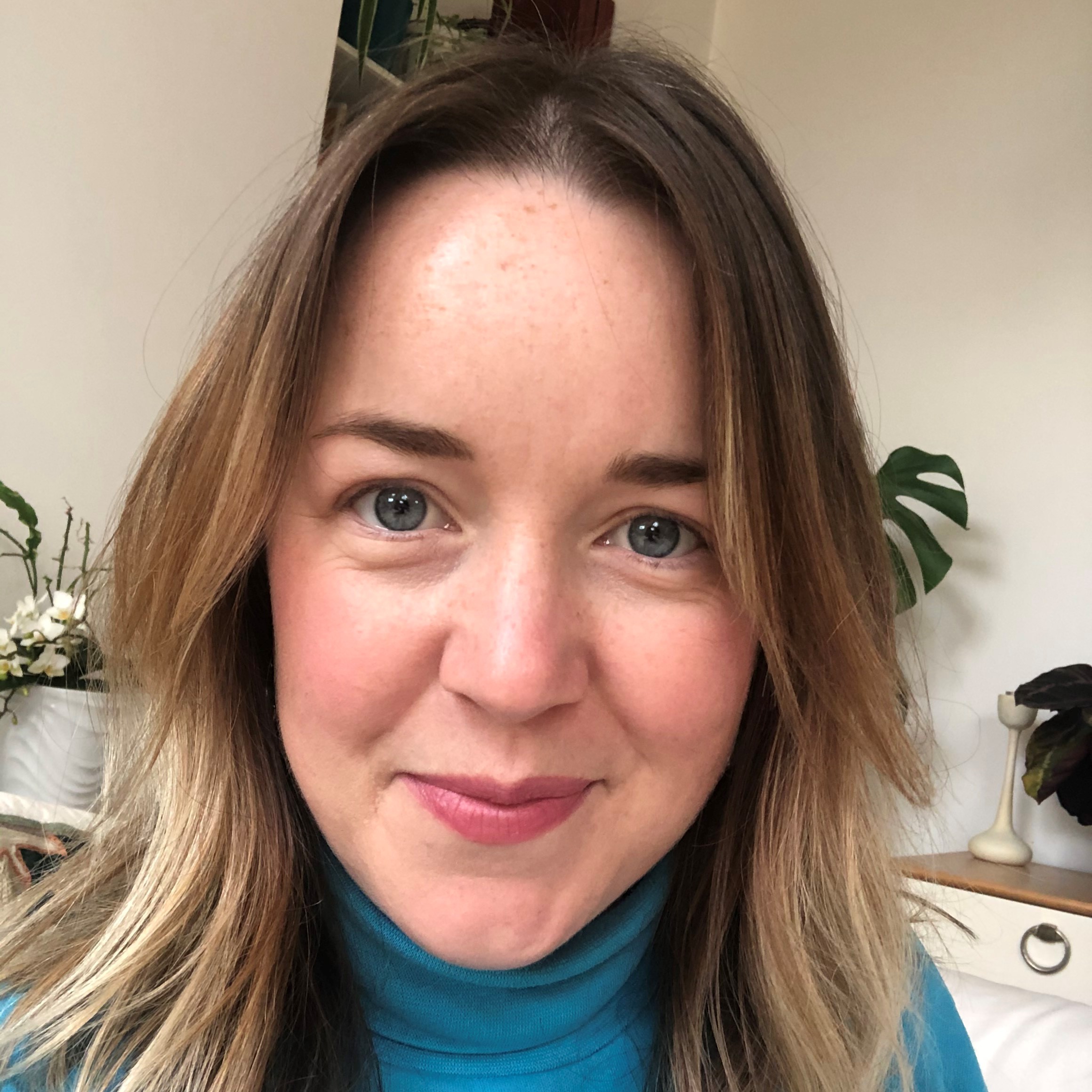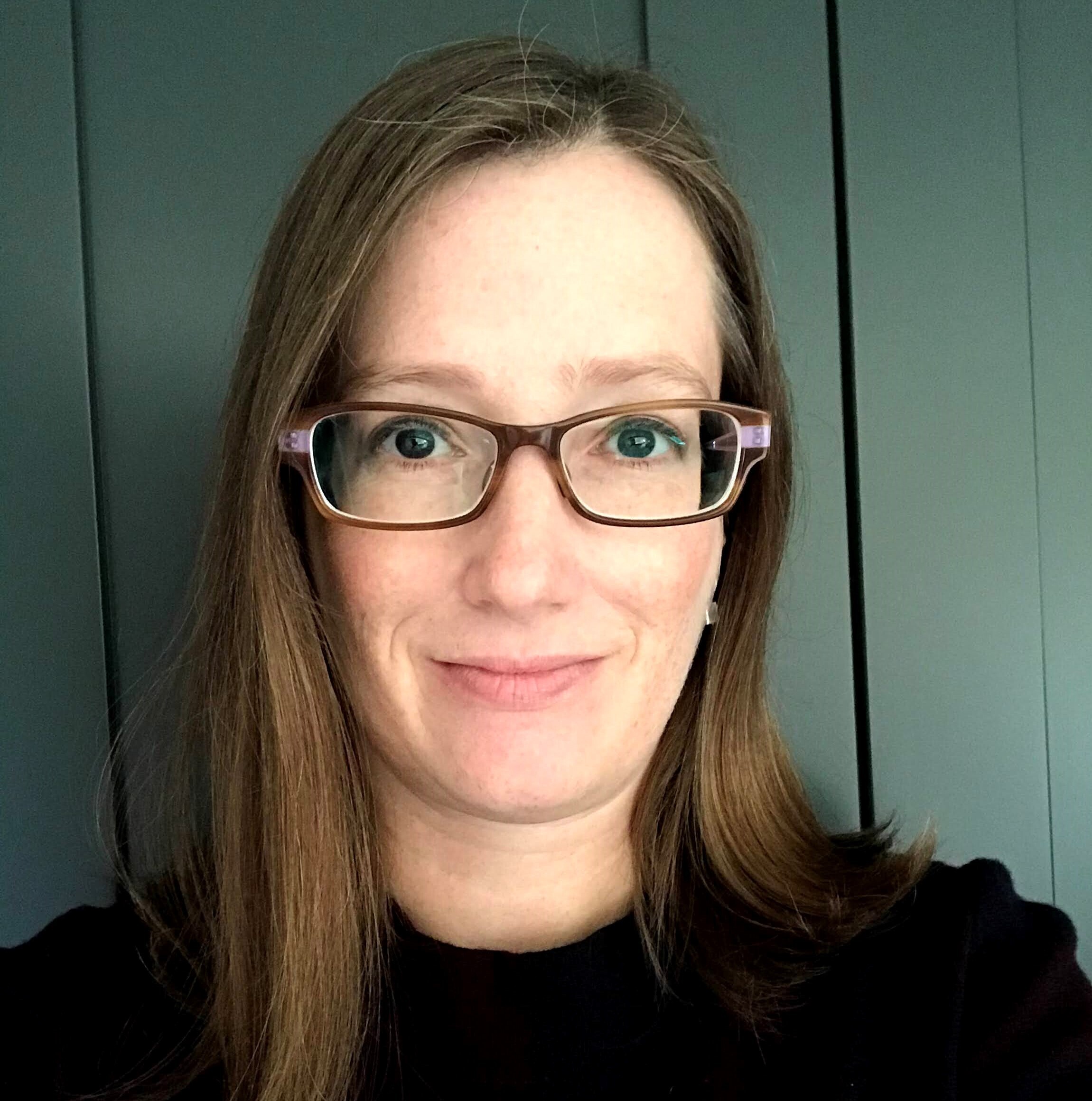
If you are a Catalyst for change, the time is now. Join the network at www.thecatalyst.org.uk.
“If not us then who, if not now then when?”
That question (or quote) has been attributed to so many people, it’s difficult to know quite who to reference. Was it Hillel the Elder, John F Kennedy, Barack Obama, Ronald Reagan, George Romney, or perhaps, even, it was Emma Watson that framed such a powerful challenge? What is known is that many brilliant people have asked this question about the need for change and how it is going to happen. Many brilliant people have used it as a rallying call for action. And many brilliant people are asking it now to reimagine and rebuild a stronger civil society.
Is it now?
A clear driver for the need to remake our sector is a recognition of the constant change around us. Some of which, as individuals, we’re striving for, much of which we seem to be swept up in. Social, economic, technological change — global shifts that seem to be driven by others: powerful businesses; big tech companies; foreign governments and people who don’t necessarily seem to have our best interests at heart.
For decades, voluntary and charitable organisations have been the bodies focused on our social interests — especially those most vulnerable and in need. These organisations — set up ‘by guarantee’ to work to improve the lives of individuals, families and communities have championed the needs of those furthest from power, and provide support to those who need it most.
But these organisations, largely, have not been able to respond to the pace and scale of change. As demand for their help has soared and their resources have shrunk, they rightly struggle to provide the guarantee they once did. The clarity of understanding of socio-technological change and the confidence to respond to new digital behaviours has meant that we are unable to provide support that meets the expectations of those in need, and are unable to critically advocate on behalf of those furthest from power: failing to hold new power to account.
And as the pace of change shows no sign of abating, we desperately need trusted organisations that are suited to provide the stability, support and guarantee that meet the needs, behaviours and expectations of families and communities across the UK. The time is now.
This need for change is already recognised across much of the charity sector and those involved in tech-for-good — and this question is being asked by so many people already. Whether that question has been asked by charities driving for better outcomes for their communities; asked by digital entrepreneurs desperate to use their skills and experience for social good; asked by those concerned about the implications of digital technologies on those most vulnerable in our communities, or asked by those desperate to use the power of digital, data and design to create a stronger, more just society. There’s a groundswell of people, organisations and communities who are not only ready, but who are already acting under that banner, taking responsibility to work towards a stronger social sector that responds to the changes in people’s needs, behaviours and expectations.
The time is now
So rather than ‘if not now?’, perhaps it is ‘what now?’. And the answer is a need to bring a social purpose to the digital revolution.
The Catalyst shows that we now have the conditions for this change. Led at CEO level by The National Lottery Community Fund, Comic Relief, Esmée Fairbairn, City Bridge Trust, Paul Hamlyn Foundation and with the support of Ministers in the Department of Digital, Culture, Media and Sport, Catalyst aims to support thousands of voluntary and charitable organisations to respond to the changing needs, behaviours and expectations of people, families and communities, using digital, design and data to achieve their charitable objectives and to create a thriving, stronger social sector. It builds on the work of hundreds of charities, digital partners and passionate individuals who are striving to bring about this better change, with a recognition that collectively we can create the change we want to see and the civil society sector that we need to see.
Then who?
And the who? Well that’s us. All of us committed to creating that change, to ensuring that voluntary and charitable sector are able to champion the needs of those furthest from power; deliver support that meets people’s changing needs and behaviours, and ultimately ensuring stronger communities across our country. The who? Well that’s #WeTheCatalysts
If you are a Catalyst and want to help create a stronger, more effective civil society, join us www.thecatalyst.org.uk
“If not us then who, if not now then when?”
That question (or quote) has been attributed to so many people, it’s difficult to know quite who to reference. Was it Hillel the Elder, John F Kennedy, Barack Obama, Ronald Reagan, George Romney, or perhaps, even, it was Emma Watson that framed such a powerful challenge? What is known is that many brilliant people have asked this question about the need for change and how it is going to happen. Many brilliant people have used it as a rallying call for action. And many brilliant people are asking it now to reimagine and rebuild a stronger civil society.
Is it now?
A clear driver for the need to remake our sector is a recognition of the constant change around us. Some of which, as individuals, we’re striving for, much of which we seem to be swept up in. Social, economic, technological change — global shifts that seem to be driven by others: powerful businesses; big tech companies; foreign governments and people who don’t necessarily seem to have our best interests at heart.
For decades, voluntary and charitable organisations have been the bodies focused on our social interests — especially those most vulnerable and in need. These organisations — set up ‘by guarantee’ to work to improve the lives of individuals, families and communities have championed the needs of those furthest from power, and provide support to those who need it most.
But these organisations, largely, have not been able to respond to the pace and scale of change. As demand for their help has soared and their resources have shrunk, they rightly struggle to provide the guarantee they once did. The clarity of understanding of socio-technological change and the confidence to respond to new digital behaviours has meant that we are unable to provide support that meets the expectations of those in need, and are unable to critically advocate on behalf of those furthest from power: failing to hold new power to account.
And as the pace of change shows no sign of abating, we desperately need trusted organisations that are suited to provide the stability, support and guarantee that meet the needs, behaviours and expectations of families and communities across the UK. The time is now.
This need for change is already recognised across much of the charity sector and those involved in tech-for-good — and this question is being asked by so many people already. Whether that question has been asked by charities driving for better outcomes for their communities; asked by digital entrepreneurs desperate to use their skills and experience for social good; asked by those concerned about the implications of digital technologies on those most vulnerable in our communities, or asked by those desperate to use the power of digital, data and design to create a stronger, more just society. There’s a groundswell of people, organisations and communities who are not only ready, but who are already acting under that banner, taking responsibility to work towards a stronger social sector that responds to the changes in people’s needs, behaviours and expectations.
The time is now
So rather than ‘if not now?’, perhaps it is ‘what now?’. And the answer is a need to bring a social purpose to the digital revolution.
The Catalyst shows that we now have the conditions for this change. Led at CEO level by The National Lottery Community Fund, Comic Relief, Esmée Fairbairn, City Bridge Trust, Paul Hamlyn Foundation and with the support of Ministers in the Department of Digital, Culture, Media and Sport, Catalyst aims to support thousands of voluntary and charitable organisations to respond to the changing needs, behaviours and expectations of people, families and communities, using digital, design and data to achieve their charitable objectives and to create a thriving, stronger social sector. It builds on the work of hundreds of charities, digital partners and passionate individuals who are striving to bring about this better change, with a recognition that collectively we can create the change we want to see and the civil society sector that we need to see.
Then who?
And the who? Well that’s us. All of us committed to creating that change, to ensuring that voluntary and charitable sector are able to champion the needs of those furthest from power; deliver support that meets people’s changing needs and behaviours, and ultimately ensuring stronger communities across our country. The who? Well that’s #WeTheCatalysts
If you are a Catalyst and want to help create a stronger, more effective civil society, join us www.thecatalyst.org.uk

Support & services
Our free services help you make the right decisions and find the right support to make digital happen.
Learn what other non-profits are doing
39+ organisations share 50+ Guides to how they use digital tools to run their services. Visit Shared Digital Guides.

CAST and Catalyst: the journey, the transition - and beyond





